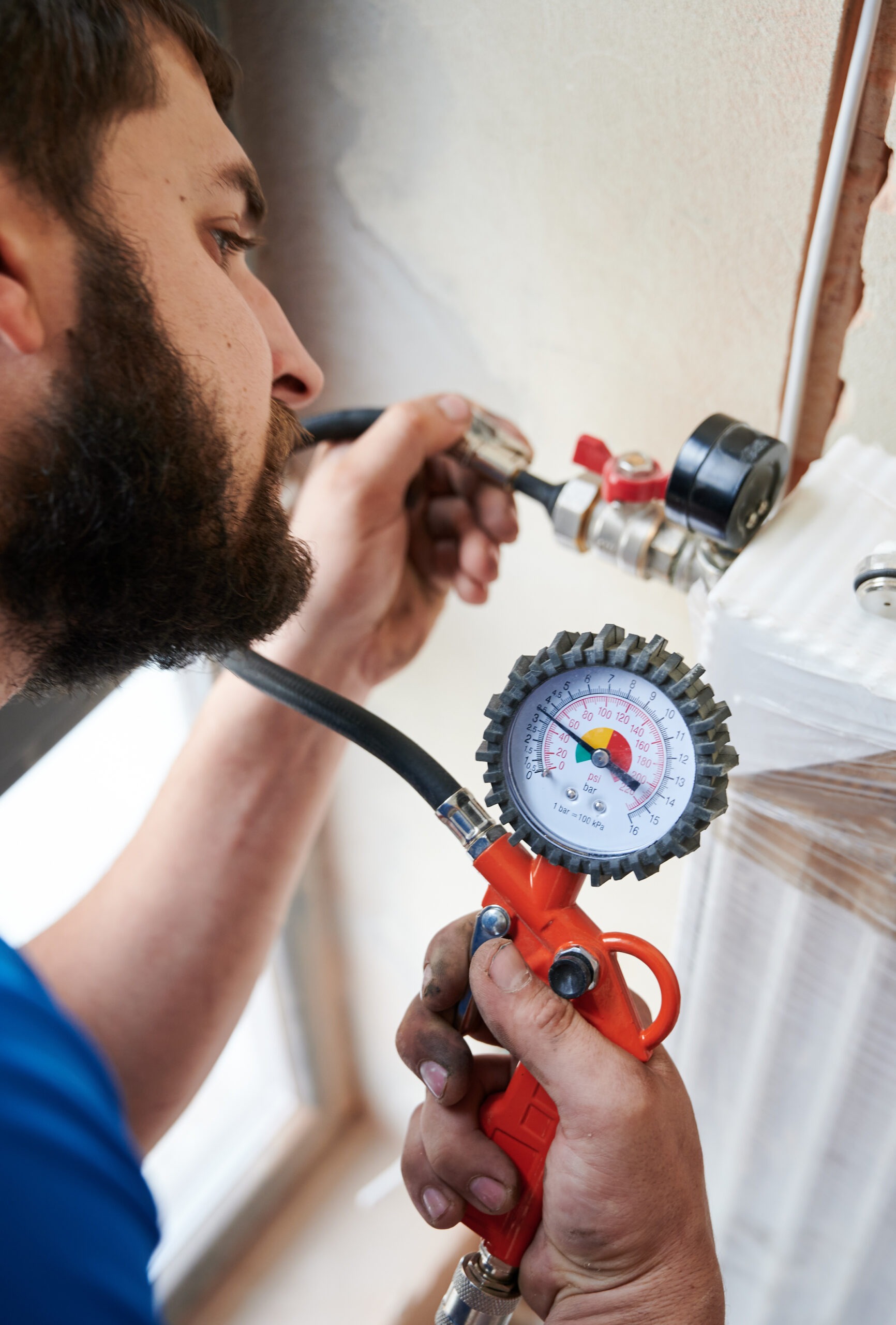In today’s world, the chemical and petrochemical industries, research laboratories, gas installations and medical centres require special protection against uncontrolled discharge of gases. In such places, gas-tight doors are essential to ensure safety and adequate insulation. What are these doors, how do they work and why are they extremely important? Take a look at our article, in which we look at various aspects of gas-tight doors and their applications in the chemical and petrochemical industries, research laboratories, gas installations and medical centres.
How do gas-tight doors work?
Gas-tight doors are specifically designed to prevent uncontrolled leakage of gases into the environment. They are fitted with gas-tight seals that effectively block the flow of air and gases. This not only ensures safety, but also energy savings, especially for gas installations where avoiding energy loss is crucial.
Gas-tight doors are resistant to different types of gas, such as oxygen, nitrogen or carbon dioxide. This makes them safe for use in a variety of controlled environments where maintaining suitable atmospheric conditions is crucial, such as in research laboratories or petrochemical installations.
What are the applications of gas-tight doors?
Doors have found wide application in the chemical and petrochemical industries, where hazardous chemicals are present, as well as in research laboratories, where it is necessary to maintain suitable atmospheric conditions. In addition, gas-tight doors are extremely important in gas installations, where avoiding gas leaks is absolutely crucial for the safety of employees and property from potential explosions. Furthermore, medical centres can also benefit from gas-tight doors for securing controlled environments such as operating theatres or rooms for storing medicines and medical samples.
What are the benefits of using gas-tight doors?
There are many benefits to using gas-tight doors. First of all, they provide safety and protection against the uncontrolled discharge of gases, which is extremely important when dealing with hazardous substances. Secondly, gas-tight doors provide optimum insulation, which saves energy in terms of heating or cooling the controlled premises. Furthermore, gas-tight doors can reduce losses caused by gas leaks, leading to greater efficiency and economic savings.

In addition to these key benefits, the doors are also easy to maintain and upkeep. They are made of high-quality materials that are resistant to a variety of chemicals, making the doors durable and resistant to damage. It is also worth noting that the doors can be individually designed and customised to meet any requirements and safety standards.
Summary
To summarise, doors are absolutely essential in chemical and petrochemical industries, research laboratories, gas installations and medical centres. They provide safety, optimum insulation and energy savings, thus protecting workers, property and the environment. In addition, gas-tight doors are easy to maintain and can be customised to suit individual needs.
FAQ
What are the main applications for gas-tight doors?
Doors are used in chemical and petrochemical industries, research laboratories, gas installations and medical centres.
How do gas-tight doors work?
The doors are fitted with gas-tight seals that block the flow of air and gases, providing protection against uncontrolled gas outflow.
What are the benefits of using a gas-tight door?
Using a gas-tight door provides safety, optimum insulation and energy savings.
What are the characteristics of a gas-tight door?
The doors are resistant to different types of gas, easy to maintain and individually designed and customised.
What are the main maintenance aspects of gas-tight doors?
Gas-tight doors require regular maintenance, such as cleaning and checking the condition of the gas-tight seals.



Jeżeli chcesz poszerzyć swoje horyzonty, ten tekst jest doskonałym punktem startu.